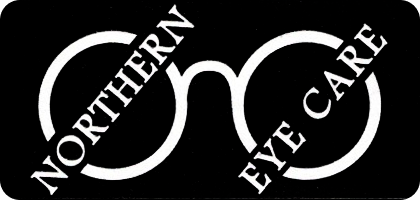FAQ
Frequently Asked Questions
What should I bring to my appointment?
A valid form of ID, insurance coverage, and current pair of glasses or contacts.
What if I cannot make my appointment?
Kindly let us know as early as you can before your scheduled appointment.
What forms of payment will you accept for my visit?
We accept most major credit cards, cash, or flexible spending cards.
How do I know if I need glasses?
Oftentimes when patients start experiencing the following symptoms:
- Blurred vision seeing up far
- Difficulty reading up close
- Frequent headaches
- Double vision
- Difficulty seeing at night
What to expect when I arrive?
Our patients can expect to receive personalized attention the moment they enter our office.We begin the visit by asking you to fill out paperwork stating your health and ocular history so our doctor can understand what conditions your eyes are more susceptible to. Once inside the exam room, our doctor will thoroughly evaluate your eyes and discuss long-term treatment options to ensure the health of your eyes.
When Should I Get An Eye Exam?
Do not hesitate to get examined at any time if you suffer from blurred vision, new headaches, new flashes or light of floaters in your vision, eye pain/discomfort, or simply want to re-check your prescription before purchasing a new pair of glasses. If you have diabetes or any chronic systemic disease that can potentially affect the eyes, an exam should be performed yearly to monitor for changes. If there are no particular changes in your vision or ocular health, an eye exam is recommended for every year. Our goal is to catch potential ocular diseases in their early stages, long before you notice any vision loss.
Frequently Asked Questions
What should I bring to my appointment?
What if I cannot make my appointment?
What forms of payment will you accept for my visit?
How do I know if I need glasses?
• Blurred vision seeing up far
• Difficulty reading up close
• Frequent headaches
• Double vision
• Difficulty seeing at night
